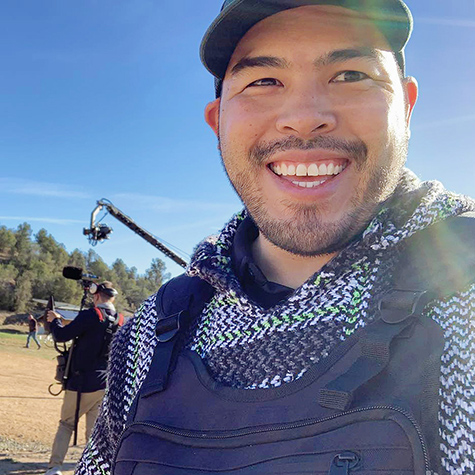If you’re an actor or aspiring actor and planning to make a career for yourself in a big market, you’ll eventually need to get an agent. In this video, Tamara talks about her experience with gaining representation as an actress, including some important potential pitfalls!
In the acting world, networking and relationships are just as important as your acting skills. In the beginning, you’ll be getting acting experience on free shoots to get the necessary materials to make a reel and the credits to build a resume. You can then shop those to agents, agencies, and agent scouts to get represented.
One way to get in front of agents and scouts is to be part of an acting showcase, where a group of actors perform scenes and monologues. If you can get their attention, they might offer you a trial period with their agency. Nail your auditions, get callbacks, and show that you can get booked (with their help) and they will offer you more permanent representation.
In the meantime, production work will be how you get connected and learn about the agencies and acting coaches around you. Early in your career, focusing on mid and lower level representation will be a better use of your energy. On set as part of production you’ll be meeting casting directors, directors, producers, and of course, working actors who will know what agencies to start with. You’ll be able to learn about who represents actors in your area and their experience with their agencies and coaches.
The people who represent you should want to see you succeed because they benefit as well. Your relationship with them should be symbiotic. As you get more experience and start to get bigger roles, you can start thinking about transitioning to an agent/agency higher up the food chain, but don’t discount or think less of the agents who haven’t been in the game as long as the ones who have been around a long time and represent big-name talent.
Really take note of what Tamara says about detecting scams. If an “alleged” agent tells you to go to very specific photographers for headshots or acting classes, it’s possible they’re getting kickbacks through that. The biggest red flag is if someone claiming to be an agent asks you for money up front. A real agent takes a percentage of what you make as an actor; they’re motivated to get you work because that’s how they make money. They get paid when you get paid. It’s symbiotic.
Like everything in the film industry, this is about networking. An acting career isn’t going to fall in your lap. It is something you can create intentionally for yourself. That’s good news!


